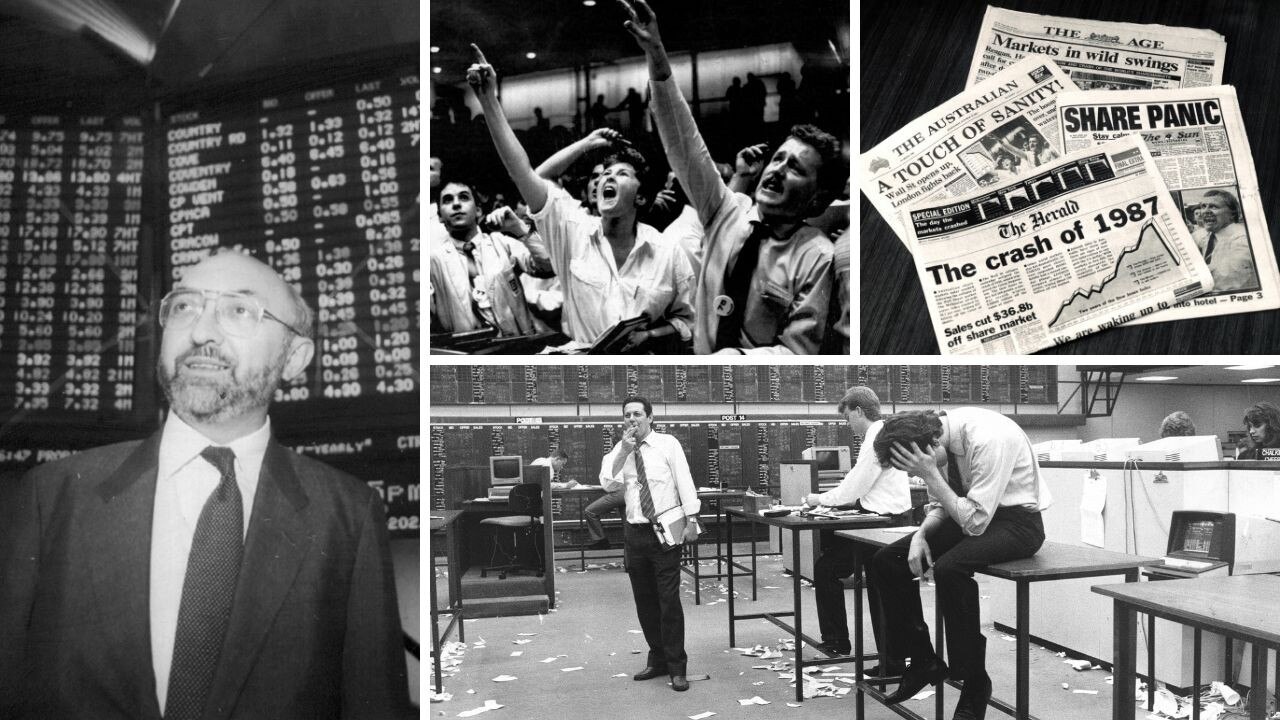Star’s retail shareholders dodged a bullet by not doubling down
Failing to back Star’s recent capital raise has turned out to be a winning strategy for the retail shareholders who passed on the ‘opportunity’.

Terry McCrann
Don't miss out on the headlines from Terry McCrann. Followed categories will be added to My News.
Score one, for once, for small investors, as casino group Star Entertainment’s big share issue has turned into a $400m-plus wipe-out for its shareholders.
That’s to say, score one for those small holders who did not send more good money after bad in the share issue.
Just a few weeks back in late September, Star shares were trading at 75c; all the shares on issue were worth $1.2bn.
Then directors were persuaded to raise $750m in a combined pro-rata issue and placement at a seemingly attractive price of 60c a share.
Add the $750m to the $1.2bn and Star share should now be worth $1.95bn.
Instead, with the share prices heading straight south – first through the TERP (Theoretical Ex-Rights Price) of 68c; and then the 60c issue price, to on Thursday just 54c – the company’s value was only $1.54bn.
In short, directors raised $750m and promptly flushed $400m of value down the gurgler.
Small holders had been invited to subscribe for $184m of shares at 60c each.
But only 6700 individual holders subscribed for just $72m. The rest – very wisely – said: thanks, but no thanks.
With Star trading at 54c Thursday, those that subscribed are down 10 per cent or $7m on the hard-earned they had parted with.
That’s crucially, in addition to the money they had also lost on their original holding.
The issues to institutional and retail holders were made at 60c, on a 1-for-1.65 basis.
That’s to say for every 1650 shares you already held you could subscribe for 1000 new ones.
Say, you started with 16,500 shares, worth $12,375, at the 75c before the issue.
Say, you stumped up your $6000 to take up your 10,000 new shares under the issue.
You are then in for $18,375. But your much enlarged holding is now worth only $14,310. You are down a cool 22 per cent in six weeks.
But then spare a thought for the ‘big guys’ - the instos.
A typical one could have held not 16,500 shares, but 16.5 million.
If it had similarly subscribed, it would be down not $4000 and change but $4m and change.
Indeed, probably even a bit more. That’s because the instos were also offered a chance to invest in an adjoining placement, also at 60c a share.
In contrast to the retail investors who were given a couple of weeks to decide whether to part with their hard-earned, the instos had to decide in a single day.
Normally it would be a no-brainer. So long as the shares traded post-issue at or around the TERP – hopefully indeed higher – they’d build in some extra profit via the placement.
This time round, taking up placement shares added to the pain.
All-up shareholders pumped in $750m, for new shares now worth only $675m.
But the value of their previous existing equity has been sliced by a thumping $340m.
Now, directors had to do it, as part of a casino-saving financial restructure.
But the smarties were the small guys who said no thanks. Even smarter are those who took the hint and sold.
More Coverage
Originally published as Star’s retail shareholders dodged a bullet by not doubling down





